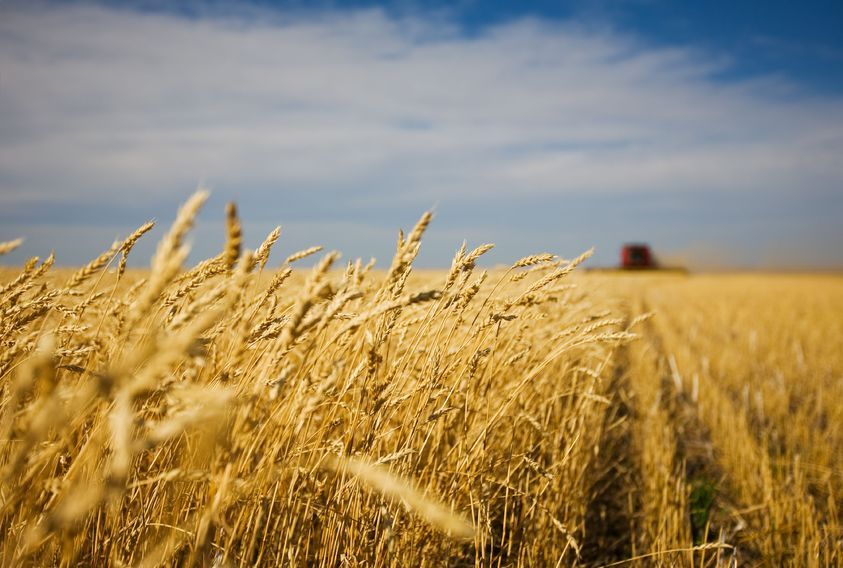Naturally GM: Crops 'steal genes' to accelerate evolution

Grasses are able to bend the rules of evolution by borrowing genes from their neighbours, a process which scientists say could improve crop productivity.
This process gives some grasses an evolutionary advantage allowing them to grow bigger, taller and stronger, according to the new study.
Harnessing this exact process could improve UK crop productivity, making them more resilient to climate change while boosting food security.
The research, led by the University of Sheffield, is the first to show the process - known as lateral gene transfer - is widespread across the entire grass family.
Grass crops are able to bend the rules of evolution by borrowing genes from their neighbours, giving them a competitive advantage.
The stolen genetic secrets give them an evolutionary advantage by allowing them to grow faster, bigger or stronger and adapt to new environments quicker.
The team studied grasses, which include some of the most economically and ecologically important plants, such as the most globally cultivated crops wheat, maize, rice and barley.
Dr Luke Dunning, the study's senior author at University of Sheffield said the findings could allow researchers to 'naturally modify crops'.
“Grasses are taking an evolutionary shortcut by borrowing genes from their neighbours," he explained.
"By using genetic detective work to trace the origin of each gene, we found over 100 examples where the gene had a significantly different history to the species it was found in.
“The findings may make us as a society reconsider how we view GM technology, as grasses have naturally exploited a very similar process.
"If we can determine how this process is happening it may allow us to naturally modify crops and make them more resistant to climate change."
The team's will now try to determine the biological mechanism behind this phenomenon and to investigate whether this is an ongoing process in crops that contributes to the differences observed between crop varieties.
Samuel Hibdige, first author of the research, said that scientists were still unsure why this was happening.
"But, we know it is widespread in grasses, a family of plants that provide a majority of the food we eat," he said.
“We detected foreign DNA in a wide range of grasses with all kinds of life history strategies indicating it is not restricted to those with a specific trait.
"However, we did detect a statistical increase in species which possess certain kinds of modified stems called rhizomes.”








